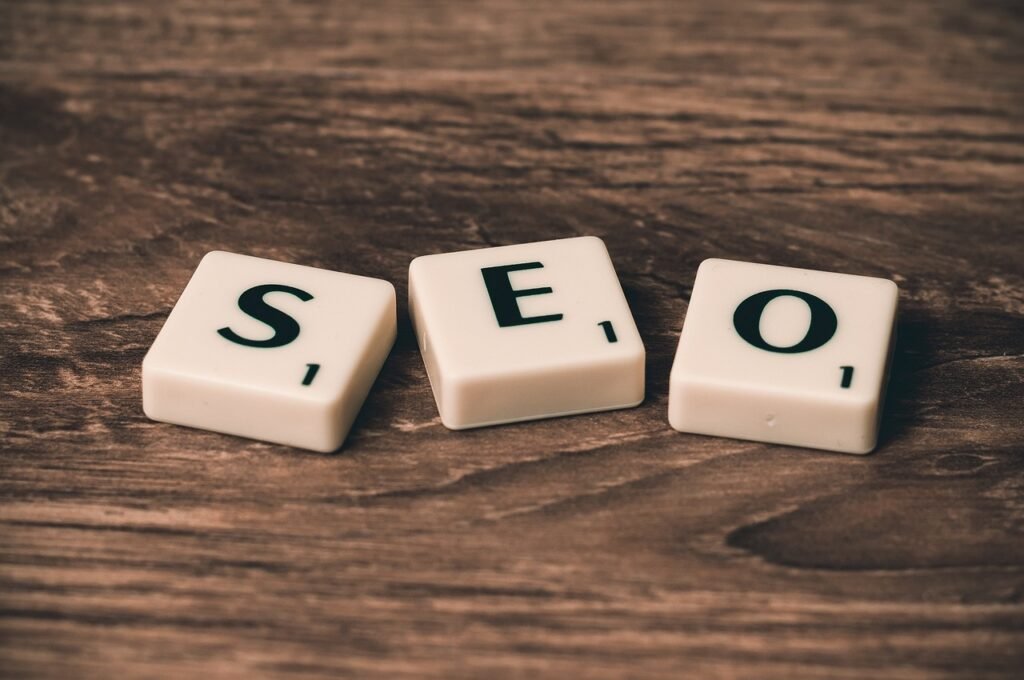Why SEO is Crucial for Your Business in 2024?
In today’s digital age, Search Engine Optimization (SEO) is more important than ever for businesses looking to increase their online visibility and attract new customers. SEO involves optimizing your website to rank higher in search engine results pages (SERPs) like Google, Bing, and Yahoo. By implementing effective SEO strategies, you can drive organic traffic to your website, generate leads, and boost your bottom line.
Why is SEO Important?
-
Increased Online Visibility:
- Higher Search Engine Rankings: SEO helps your website appear higher in search engine results, making it more likely to be discovered by potential customers.
- Organic Traffic: SEO can drive significant amounts of organic traffic to your website, without the need for paid advertising.
- Brand Awareness: A strong online presence can help build brand awareness and establish your business as an industry leader.
-
Improved User Experience:
- Relevant Content: SEO focuses on creating high-quality, relevant content that meets the needs and interests of your target audience.
- Faster Load Times: SEO best practices include optimizing your website’s speed and performance, leading to a better user experience.
- Mobile-Friendliness: Ensuring your website is mobile-friendly is essential for SEO and user satisfaction, as more and more people are browsing the web on their smartphones and tablets.
-
Increased Conversions:
- Targeted Traffic: SEO attracts highly targeted traffic to your website, increasing the likelihood of conversions (e.g., sales, leads, sign-ups).
- Credibility: A well-optimized website can enhance your business’s credibility and trustworthiness in the eyes of potential customers.
- Competitive Advantage: By outranking your competitors in search engine results, you can gain a competitive advantage in your industry.
Essential SEO Tools and Resources
To effectively implement SEO strategies, consider using the following tools and resources:
- Google Search Console: A free tool from Google that provides insights into your website’s performance in search results. https://search.google.com/search-console/about
- Google Analytics: A free web analytics tool that helps you track website traffic, user behavior, and conversions. https://marketingplatform.google.com/about/analytics/
- Keyword Research Tools:
- Google Keyword Planner: A free tool from Google Ads that helps you find relevant keywords and phrases. https://ads.google.com/home/tools/keyword-planner/
- SEMrush: A paid SEO tool that offers comprehensive keyword research, competitive analysis, and backlink tracking. https://www.semrush.com/
- Ahrefs: Another popular paid SEO tool with similar features to SEMrush. https://ahrefs.com/
- On-Page SEO Tools:
- Yoast SEO: A popular WordPress plugin that helps you optimize your website’s content for search engines. https://m.youtube.com/watch?v=k99b0Q2lobU
- Screaming Frog SEO Spider: A desktop tool that crawls your website and identifies SEO issues. https://www.screamingfrog.co.uk/seo-spider/
- Backlink Analysis Tools:
- Moz: A paid SEO tool that offers backlink analysis, keyword research, and site audits. https://moz.com/
- Majestic: Another paid SEO tool with comprehensive backlink analysis features. https://majestic.com/
By leveraging these tools and resources, you can effectively optimize your website for search engines and improve your business’s online visibility and success.
